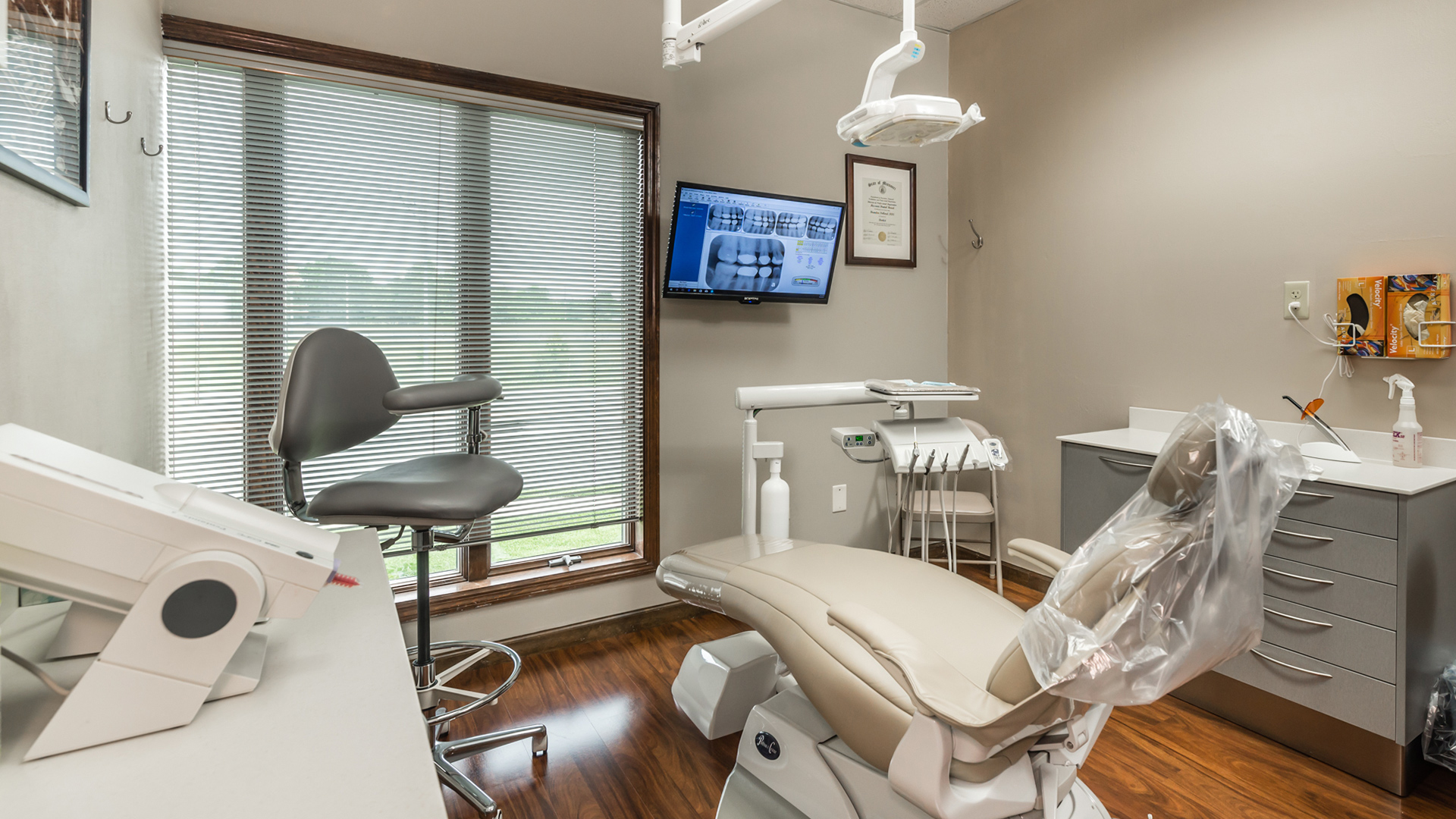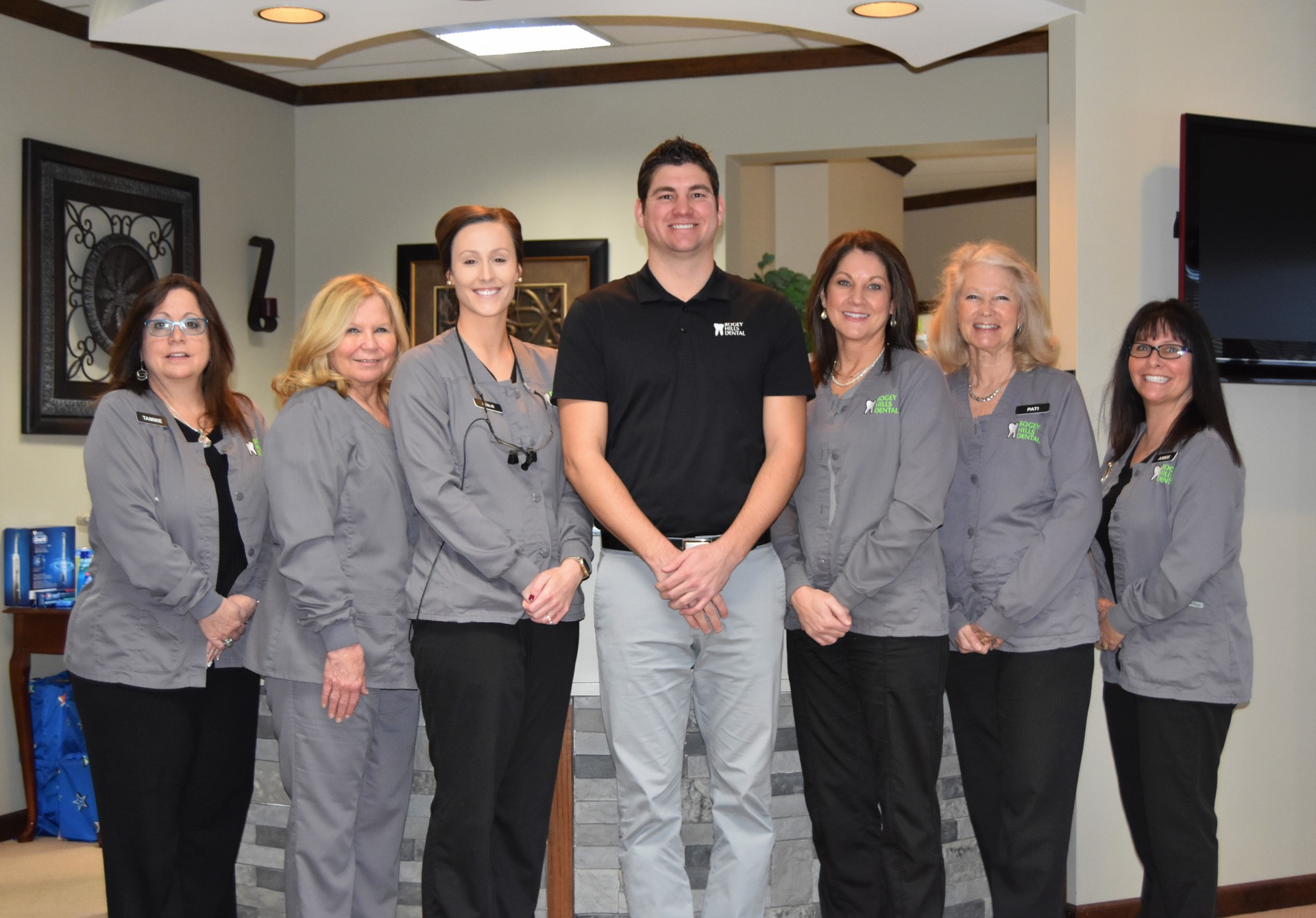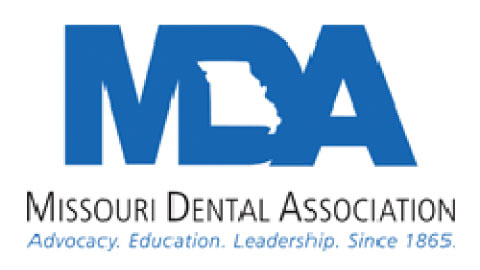Oral cancer doesn’t always show any symptoms, but you should report any unusual symptoms you experience to your denist, such as:
- Sores or lumps in your mouth or throat
- Red or white lesions on gums, lips, or tongue
- Any abnormal swelling in your mouth
- Numbness or pain in your mouth
- A Sore throat or hoarseness for extended length of time
At our office we can evaluate the area of concern and determine whether a biopsy is necessary or if there are other causes of symptoms.
Oral cancer can affect anyone, but the use of tobacco puts a patient at a significantly higher risk. Both smoking and chewing tobacco significantly increase your risk for oral cancer. In addition, alcohol use can increase your risk of oral cancers. A compromised immune system, gum disease, a history of previous cancers, and HPV infection are other oral cancer risks. The HPV vaccine is our newest form of defense against some forms of oral cancer, as there has been a documented increase in HPV related oral cancer in the past 5 years.
Unfortunately, the cellular changes below the surface in the beginning stages of oral cancer aren’t always detectable until they have reached the critical stage. Early detection and treatment of oral cancer significantly increase the chances of a positive outcome. The American Cancer Society reports that about 7,000 deaths result from oral cancer out of 30,000 cases diagnosed annually. If Dr. Pollard suspects any unusual changes in your mouth, he may suggest a biopsy and analysis. The early diagnosis of oral cancer dramatically increases a patient’s chance of survival and better quality of life. When oral cancer is detected in the early stages, the survival rate is about 84%. Oral cancers that are not diagnosed until stage 4 only have a survival rate of 50%.







